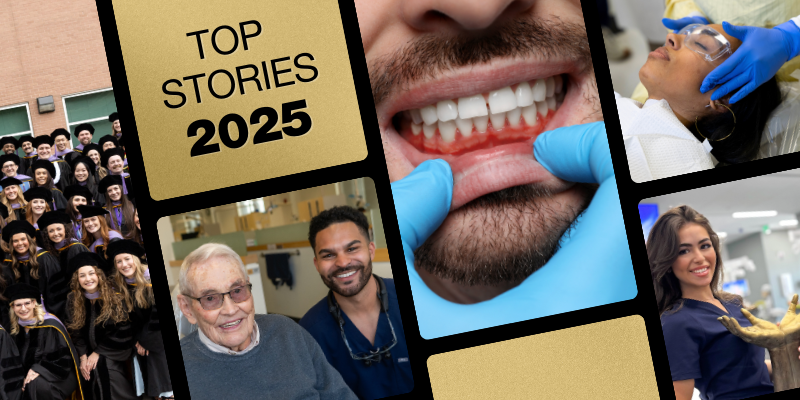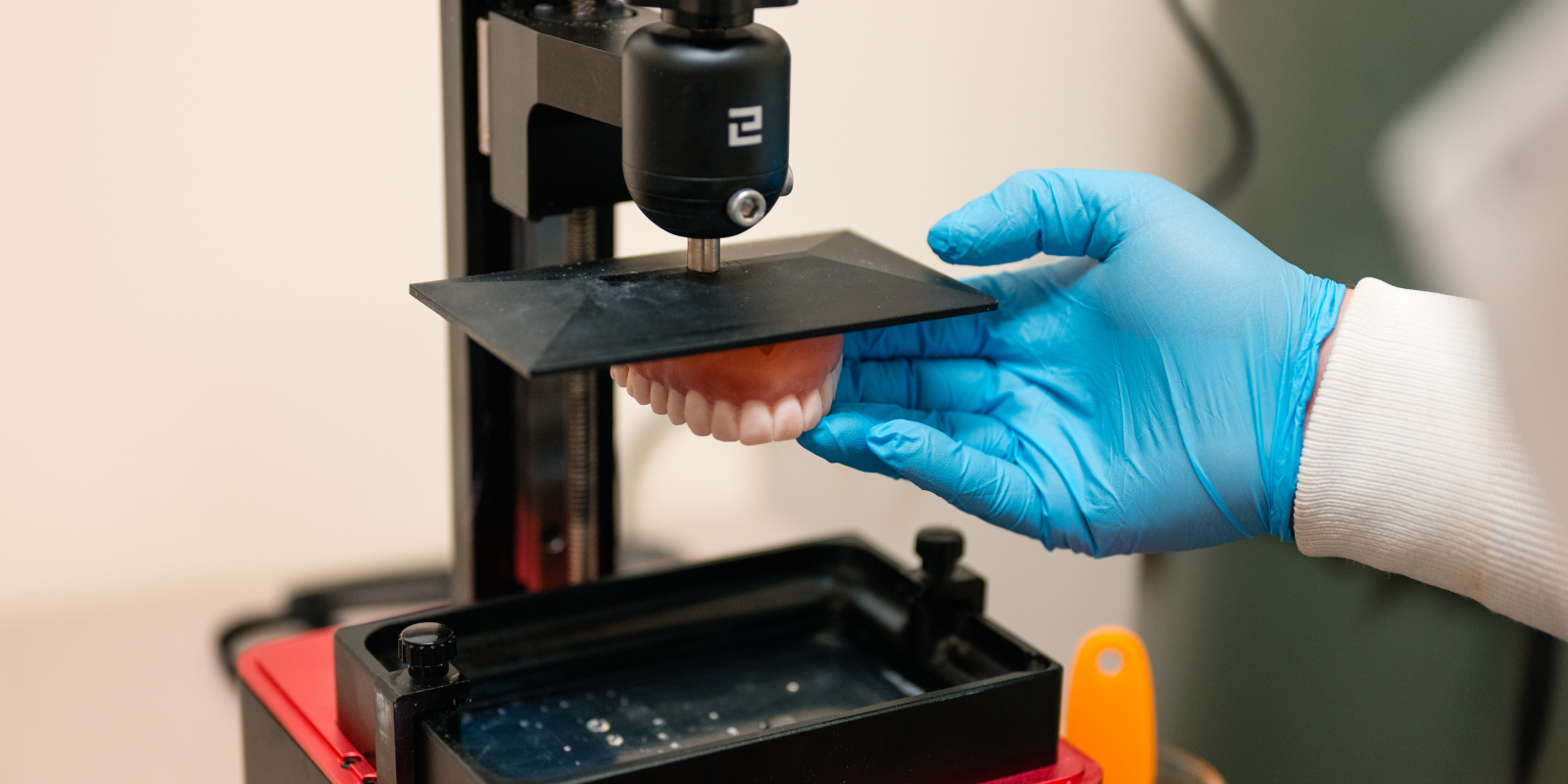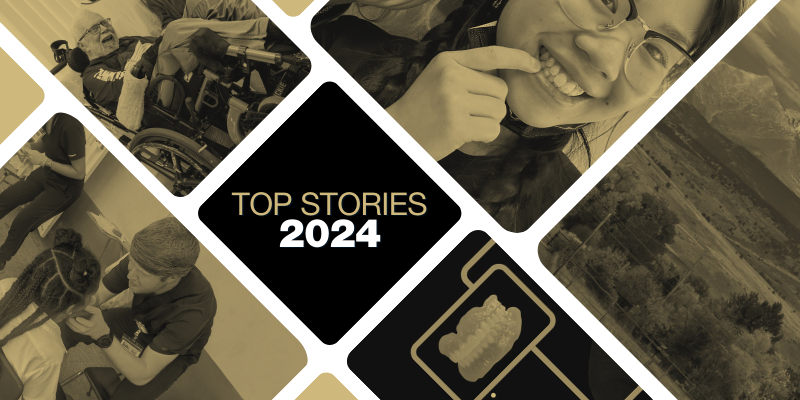Kristin Watt, PhD, joins the Department of Craniofacial Biology with extensive experience and great passion for biomedical research.
Department Chair and Professor David Clouthier, PhD, said, "Dr. Watt was selected for our assistant professor position from a number of exceptional applicants. She had an impressive publication record as a post-doctoral fellow at the Stowers Institute for Medical Research in Kansas City, Missouri. While there, she had developed a very compelling project aimed at understanding the basis for Treacher Collins syndrome (the syndrome that was the basis of the movie, “Wonder”). Her post-doctoral work formed the basis of her successful K99-R00 Pathway to Independence Award from the National Institute of Dental and Craniofacial Research, which she has brought with her to the CU Anschutz Medical Campus."
In addition to her research contributions, Watt is highly engaged in teaching and mentoring. She has served as a guest lecturer, undergraduate research mentor, and lab assistant, which shows her dedication to inspiring the next generation of scientists. She has received numerous accolades for research and mentoring activities, and is actively involved in professional service and outreach initiatives as well. Watt brings a wealth of expertise and a multifaceted approach to the University of Colorado School of Dental Medicine.
Clouthier noted, "I foresee Dr. Watt’s research program rapidly expanding our understanding of RNA in normal facial development and adding to our national reputation as one of the top craniofacial biology/genetics departments in the country."




